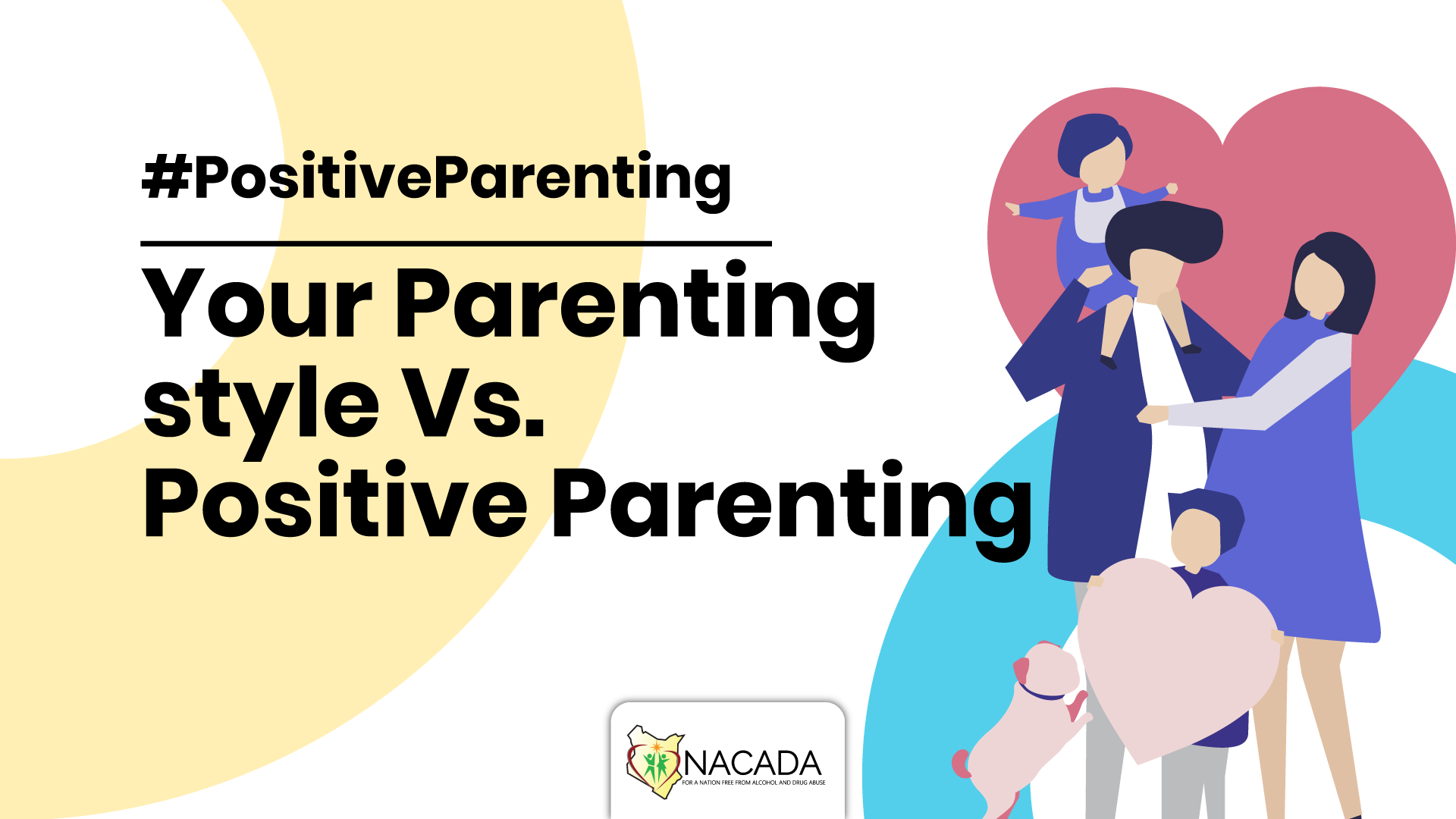#PositiveParenting: Your Parenting style Vs. Positive Parenting
Your children have been home weeks - this was unexpected. You have also been unexpectedly advised to work from home for the next five weeks. The emphasis has been put on ‘staying home and keeping your children home’ so do you feel like you are shipwrecked? No tuition, no sleepovers, no trips to your favorite destinations, no shags, and no more children and youth camps you rely on so much.
Parenting styles and their impact on children
Parenting can be an intensely rewarding job although it is extremely demanding and most of us come to it without any preparation. Parents have a role to nurture and keep children safe and healthy while also helping them grow into independent and well-adjusted young adults.
- The Authoritarian Parent
Place strict and firm limits and controls on your child; use stern discipline and employ punishment to control your child’s behavior; use your power to control and order your child allowing little verbal exchange; rarely allows a child the opportunity to be themselves; OBEDIENCE the mantra in the home
Focus: obedience,
Impact: lose the ability to influence their child through reasoned discussion or to help them develop good thinking skills
Kids: may become rebellious, aggressive, or dependent on their parents; they possess low self-esteem, appear insecure, and exhibit more behavioral problems. Less likely to develop internalized values that equip them to make wise decisions.
**high chance of initiating substance use
- The Authoritative Parent
Encourage children to be independent, but still, limit and control their actions; support a child to develop according to their maturity level; set behavior boundaries with children; place high maturity demands on children through having an open discussion; encourage children to obey using reason
Focus: set clear expectations
Impact: child encouraged to make decisions and learn from mistakes
Kids: are happy, develop good self-esteem, interact well with peers, and have better mental health.
**low chance of initiating substance use
- The Permissive/Indulgent Parent
Highly involved in a child’s life, but place few demands on them; set few rules and boundaries then find yourself reluctant to enforce; tolerate child’s misbehavior; children do whatever they want and always get their way; believe your preteen or teenage child is not mature for anything?
Focus: keeping their children happy and giving them the freedom
Impact: setting no boundaries predisposes their children to alcohol intake and drug use at an early age
Kids: have little self-control, have a hard time following rules, and possess egocentric tendencies.
**high chance of initiating substance use
- The Neglectful/Uninvolved Parent
Mostly uninvolved in child’s life; provides for basic needs such as shelter, but uninvolved emotionally; neither support nor control their child’s behavior; child shows poor self-control and lack of independence; some even reject children
Focus: provision of basic needs
Impact: Children raised in this environment learn to provide for themselves early and avoid being dependent on others
Kids: exhibit anti-social behavior, delinquency in adolescence, and are at an increased risk of substance abuse and tend to manifest fear, anxiety, and stress.
- The Overprotective Parent
See the world as a dangerous place especially for the child; express your fearfulness of the world to your child; in the habit of rescuing your child from dealing with the harsh realities of life? (helicopter parent)
Focus: being a child’s ally instead of using rules and consequences for bad behavior
Impact: lack of experience and may panic in stressful situations.
Kids: insecure and indecisive
**high chance of initiating substance use
What Should You Do?
Recognize that your parenting style may make your child more or less vulnerable to behavior problems and the use of alcohol as well as other drugs. As a parent, critically evaluate yourself and try to avoid the extremes. Finding a balanced approach to parenting is an important step you can take as a parent to prevent your child from underage drinking and drug use. When we use positive parenting skills we are able to prevent problems, detect them early when they do occur, and resolve them easier.
The three areas that positive parenting focuses on:
1. Be responsive
Connect with them regularly through listening to understand, talking and asking questions
Show interest in them and concern for their well being
Find out their views and feelings; Share your views
2. Provide structure
Establish clear rules, communicate rules and consequences clearly, be consistent
Structure routines as much as possible; allow involvement in chores
Establish rituals like eating together and have family activities to enhance bonding
Discipline child by following through on consequences; encourage each time rules are followed
3. Be involved
Monitor and supervise school work and other activities like screen/media time
Get to know their friends and friends’ parents
Monitor their use of pocket money
Encourage their interests (hobbies, cooking, art, music)
Spend time with them – at least 10 minutes per child per day
Wrap up: for those who may have taken steps to improve their parenting during this #StayAtHome period please keep the conversation going beyond COVID-19.

